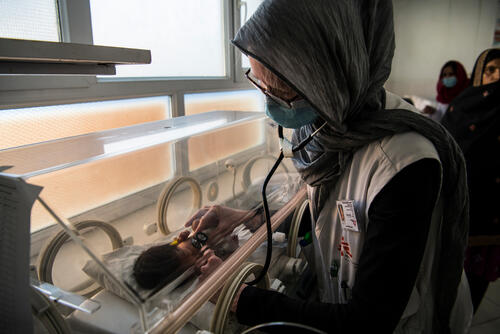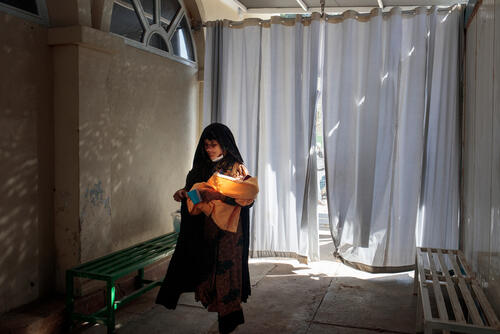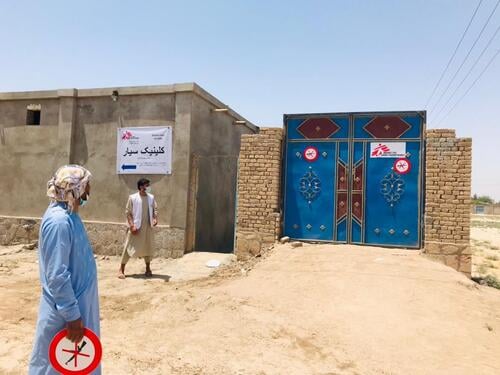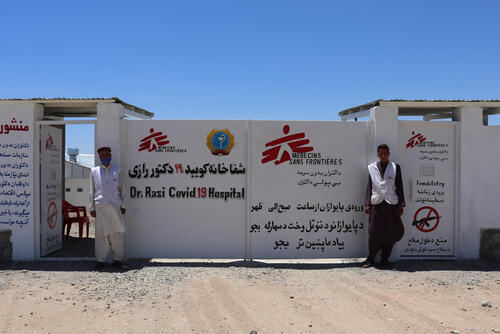After 40 years of conflict, Afghanistan faces yet another period of instability in 2021. Peace negotiations between the Afghan government and the Islamic Emirate of Afghanistan (IEA, also known as the Taliban) have made little to no progress since they began in September 2020. Fighting between government forces and armed opposition groups continues to claim thousands of civilian lives each year while crippling public infrastructure. Violence and insecurity are pervasive throughout the country and show no sign of abating. Healthcare facilities in Afghanistan are attacked more often than almost anywhere in the world, forcing their temporary or permanent closure and depriving millions of access to vital medical services. The humanitarian crisis, compounded by the health and socioeconomic shocks of the COVID-19 pandemic, is worsening throughout the country.
This briefing paper, produced by Médecins Sans Frontières (MSF), features new medical data and accounts from patients, caretakers and MSF clinical staff in Helmand, Herat, Kandahar and Khost provinces.
Download and read the report:
In surveying these groups, MSF found that Afghans today are struggling to access basic necessities, including medical care, as a result of violence and insecurity, poverty, and an under-funded and under-resourced health system. Every day, Afghans must undertake dangerous journeys across active frontlines and mined roads, through checkpoints and areas controlled by armed groups to seek medical care. They are often unable or too afraid to leave their homes, and, when medical emergencies happen, such delays can prove fatal.
MSF brought these issues to public attention in reports released in 2014 and 2020. We publish this new briefing to show that the persistent barriers that Afghans face when seeking healthcare continue to this day.






